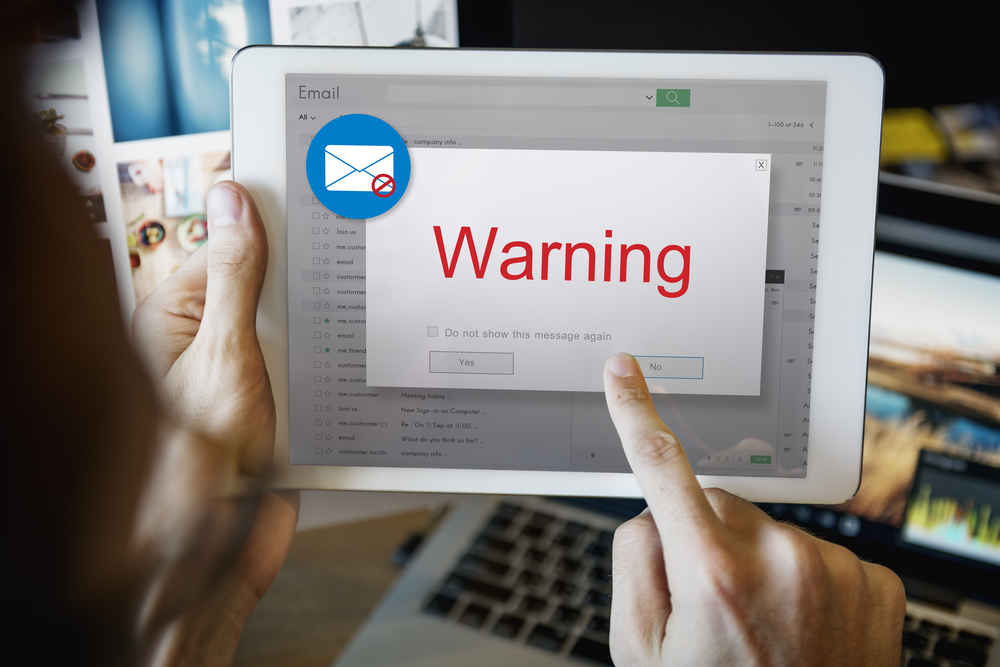The7stars, a London ad agency, that counts Atlantic Records, Suzuki, and Penguin Random House among its clients has had its files dumped online by the Clop ransomware gang.
Fully-functional exploit code is now publicly available for a maximum severity pre-auth vulnerability impacting default configurations of an SAP Solution Manager (SolMan) component.
Reportedly, Bradford school employees received several laptops to aid in homeschooling vulnerable students. However, the laptops came pre-installed with the virus. Many school employees shared virus details on an online forum.
Drupal has released a security update to address a critical vulnerability, caused by a bug in the PEAR Archive_Tar library, in a third-party library with documented or deployed exploits available in the wild.
Researchers reported FreakOut botnet, whose capabilities range from scanning ports and stealing data to launching DDoS and cryptomining attacks, targets unpatched Linux systems.
While the hospital’s services are slowly recovering and surgical operations have resumed, CHwapi continues to cancel some services and redirect urgent cases to other hospitals.
Due to Shazam having been acquired then by Apple, the researcher was asked to take up the issue with Apple which led the flaw to be finally patched on March 26, 2019, both on iOS and Android.
Israeli researchers shared details on seven extremely critical DNS-related vulnerabilities, tracked as DNSpooq, exposing millions of devices to a variety of DNS cache poisoning attacks.
The vast majority of the most popular Windows-native PDF viewers were vulnerable to multiple attack techniques exploiting standard PDF features, a team of security researchers has discovered.
A report from Group-IB revealed that classified ads scammers have earned more than $6.5 million in 2020, from buyers in a widespread operation dubbed Classiscam.









